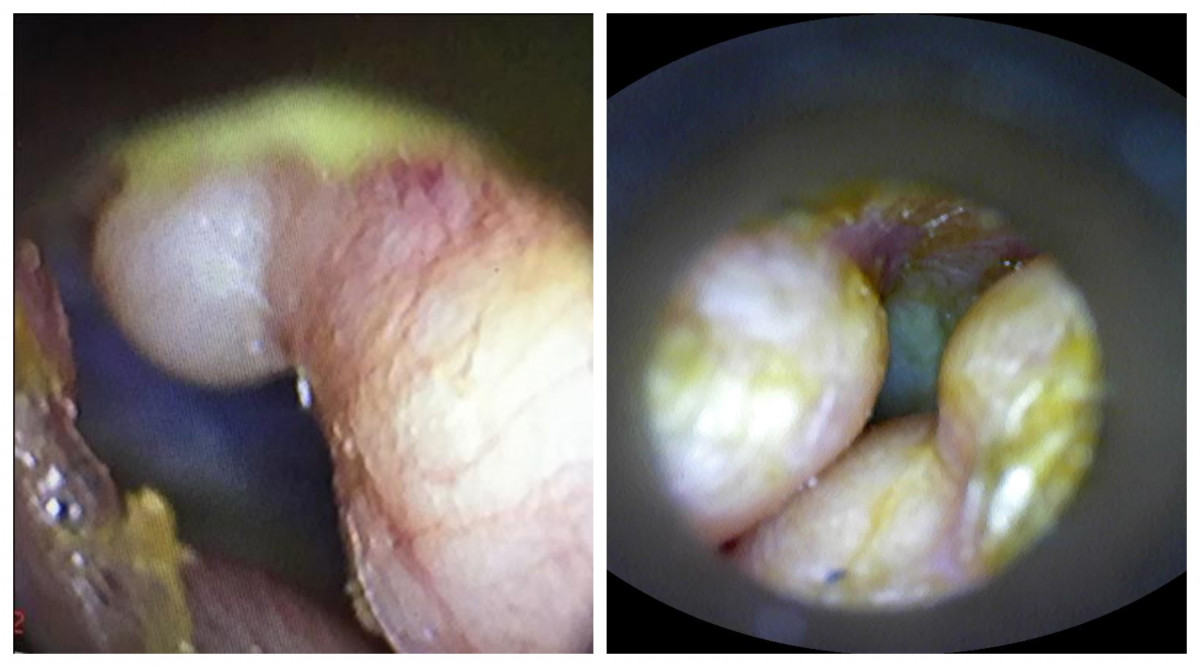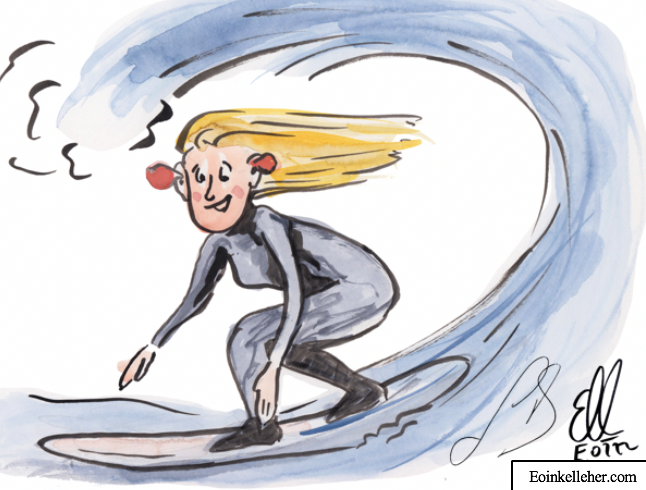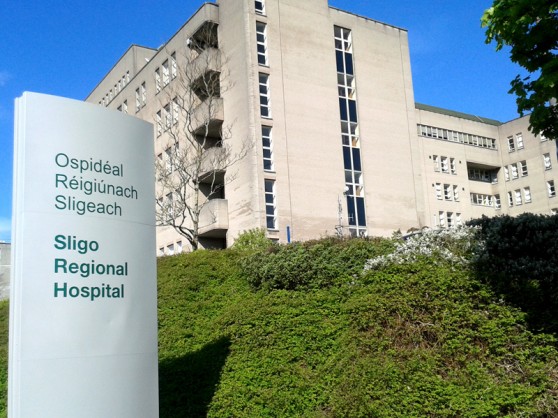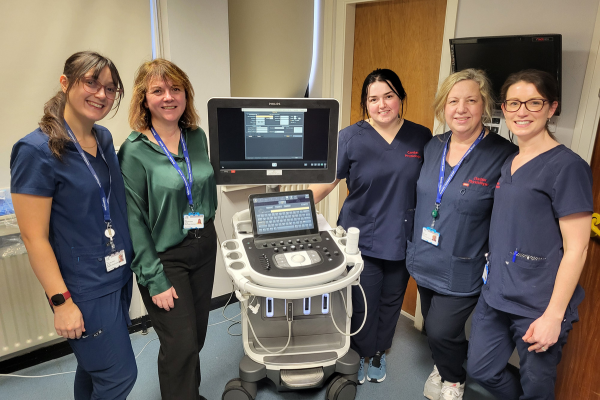![]()
You are here
Sligo University Hospital
Sligo University Hospital provides high-quality healthcare to the people of Sligo, Leitrim, South Donegal and West Cavan.
SUH provides Acute Inpatient, Outpatient, and Day Services as well as Regional Specialty Services in Ophthalmology and Ear, Nose and Throat Services.
SUH has a Medical Academy with the University of Galway which includes clinical rotations/ education for medical students from the University of Galway on Sligo University Hospital Campus.
Sligo University Hospital is committed in line with national HSE policy to a sustainable healthcare system, which delivers high quality care and improved public health without exhausting natural resources or causing severe ecological damage. Read more about our Green Charter here.
Main Phone Number: +353 (0)71 917 1111
Click here for information on our antenatal classes and breastfeeding classes
Visiting times are: 6.30pm to 8.30pm
| Photo | Title | Hospital Location | Telephone |
|---|---|---|---|
| All Sligo Wards | Sligo University Hospital | 071 9171111 | |
| Cardiac Investigations Department | Sligo University Hospital | 071 9174610 | |
| Catering Department | Sligo University Hospital | 071 9174457 | |
| Clinical Audit Department | Sligo University Hospital | 071 9171111 extn 73038 | |
| Emergency Department | Sligo University Hospital | 071 914504 | |
| Health Promotion Department | Sligo University Hospital | 071 9174548 | |
| Infection Prevention and Control Department | Sligo University Hospital | 071 9171111 extn 74459 | |
| Information Communication Technology Department | Sligo University Hospital | 071 9171111 extn 74771 | |
| Library and Information Services Department | Sligo University Hospital | 071 9174604 | |
| Maternity Antenatal and Breastfeeding Classes | Sligo University Hospital | 071 9174608 |
Pages
Information for Open Water Swimmers, Surfers, Kayakers and all Cold Water Athletes
What is Surfer’s Ear?
Well for starters, it’s not just for surfers. In fact, all cold water athletes are at risk of developing the condition. Surfer’s Ear is a medical condition clinically known as External Auditory Canal Exostoses (EACE) or Exostoses, which is caused by repeated exposure to cold water and wind.
Exostoses are formed in response to a continuous change of temperature within the ear canal. As cold water regularly swirls along the ear canal, the body responds by warming the affected area, this also stimulates bone-producing cells within the ear canal, which cause the bone surrounding the ear to develop a bony growth.
These benign bone growths can lead to infections, water trapping, hearing loss and complete closure of the ear canal if left untreated
The condition develops slowly over time and it may take 10 to 15 years for the symptoms to appear.
Cause?
Research shows that Surfer’s Ear is most likely in exposure to cold water below 19deg. In Ireland, the water is usually at its warmest in August and even then the average temperature ranges from 13 to 17 degrees. The bottom line is – the water in Ireland is always too cold for our ears!
Surfer's Ear Clinic
Doctors from Sligo University Hospital held a Surfer’s Ear clinic to raise awareness of the condition.
What does Surfer’s Ear look like?

How do you protect your ears?
Wear earplugs.
The advice couldn’t be simpler; this truly is a practical and cost-effective way to reduce your risk of developing exostoses. Hearing loss associated with wearing earplugs was identified through our study as the main deterrent for athletes across all sporting disciplines. However, modern earplugs are not only discrete but also let sound in and keep water out.
What to do if you are worried?
Visit your GP and ask him/her to check your ears. Your GP may then refer you to your nearest hospital to see a specialist Ear Nose and Throat doctor to examine your ears further.
Research at Sligo University Hospital
A team of consultants, doctors and staff from the Ear Nose and Throat (ENT) department conducted a year-long project to examine Irish cold water athlete’s awareness and understanding of exostoses as well as athlete’s attitudes towards preventative measures such as wearing earplugs.
The ENT team held five “Surfer’s Ear Clinics” which examined almost 100 cold water athletes, concluding that 1 in 2 athletes had Surfer’s Ear.
The Irish Institute of Otorhinolaryngology/Head and Neck Surgery provided Dr Seamus Boyle, ENT SpR at the hospital, with financial support in the form of a small grant to progress this research. The Institute plans to work with him to expand this project, as outlined by Professor Nash Patil in the video below:
Questionnaire
Calling all triathletes, surfers, open water swimmers, sub aqua and non-water athletes – help us with our research 'To Determine Water Athletes Awareness of Surfers Ear or Exostosis and Attitudes to wearing Ear Plugs', click here


Information coming soon






